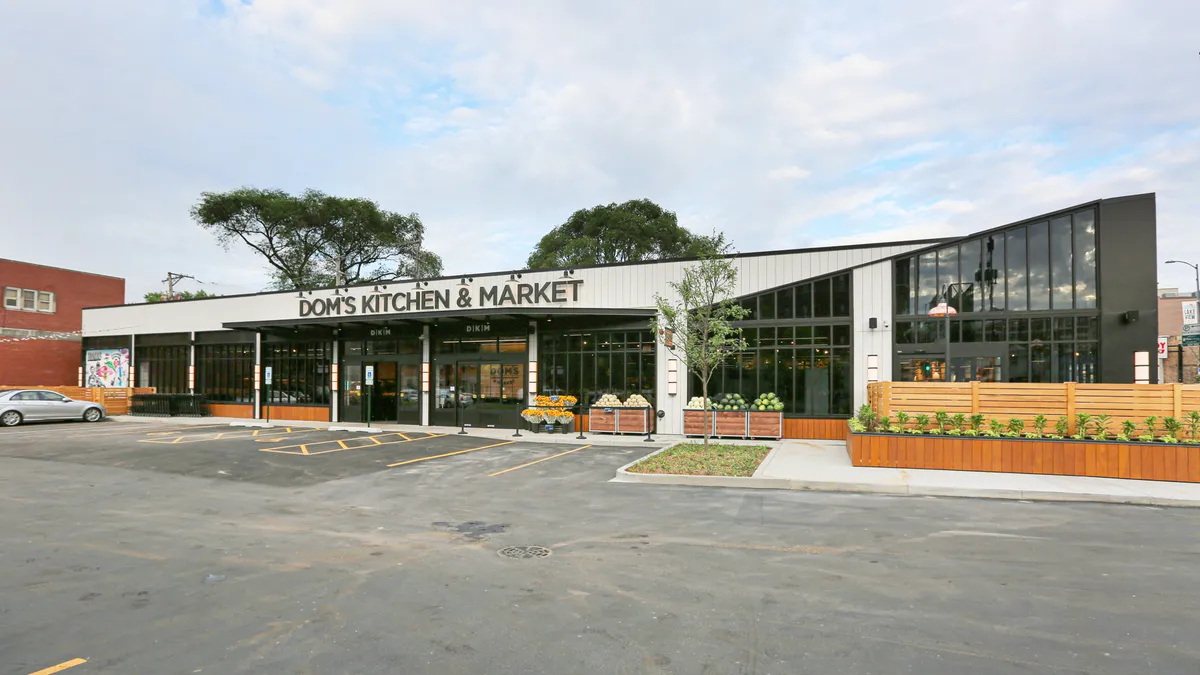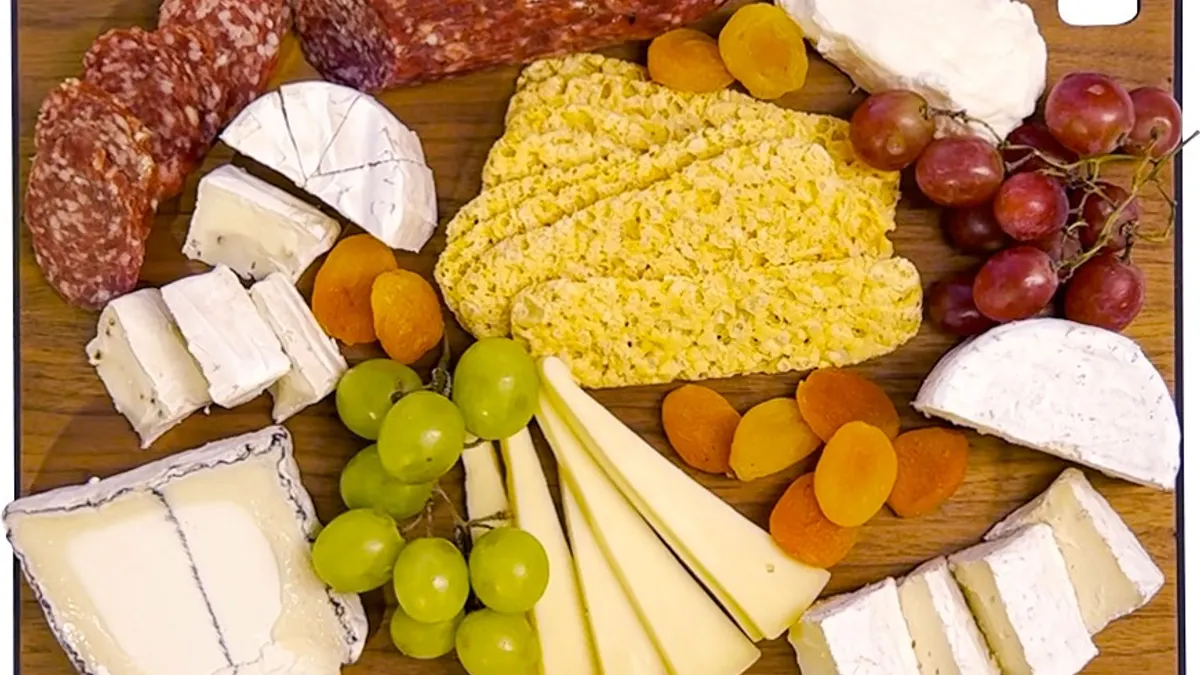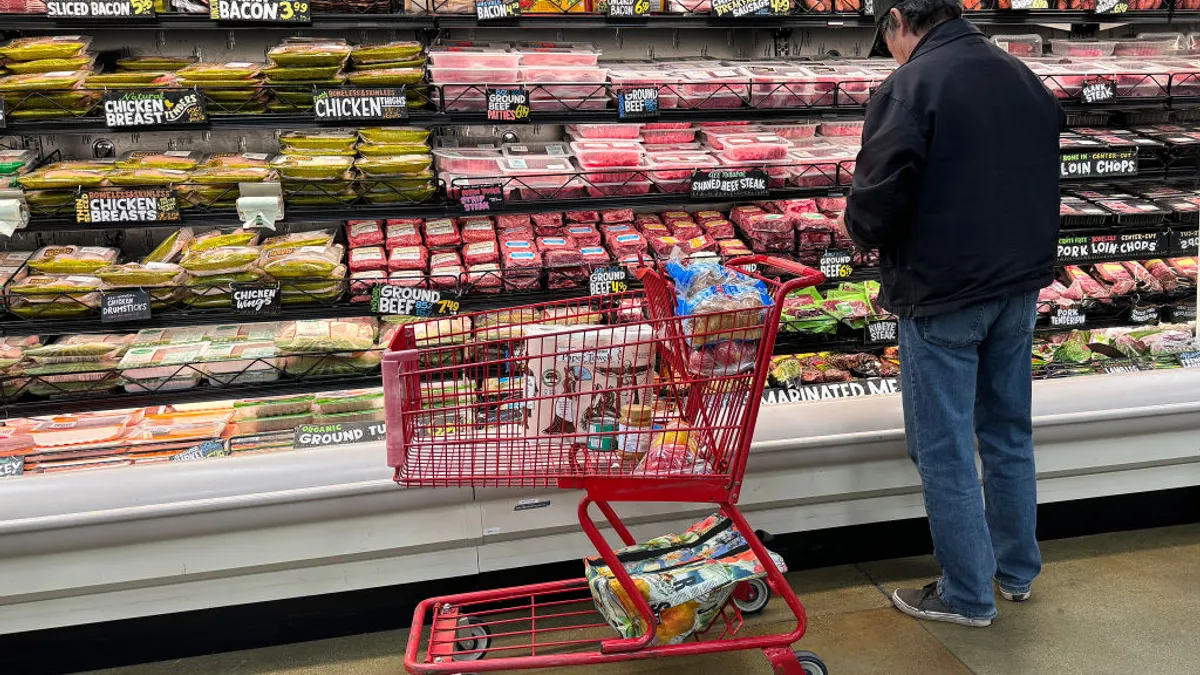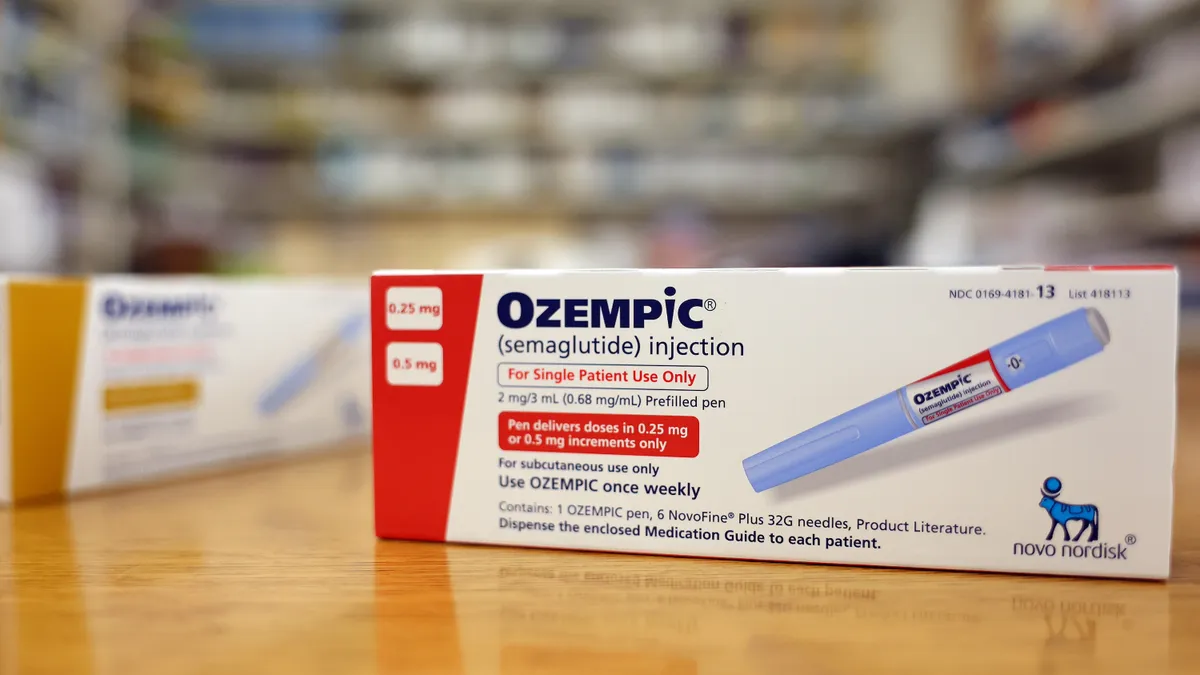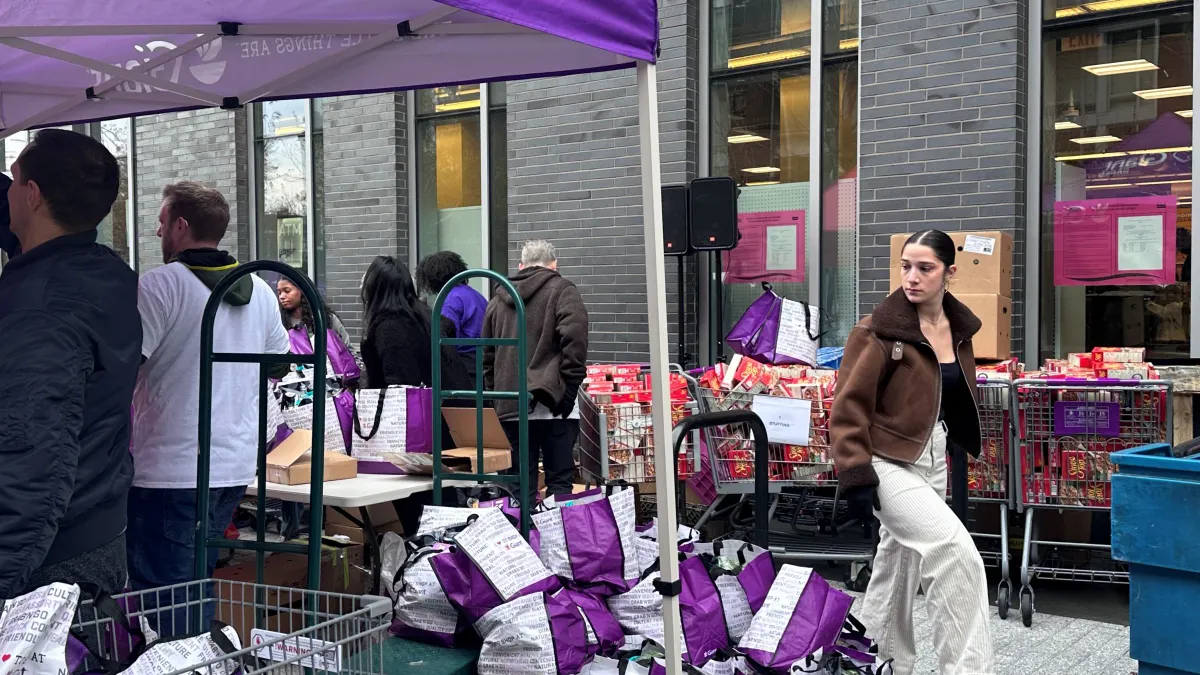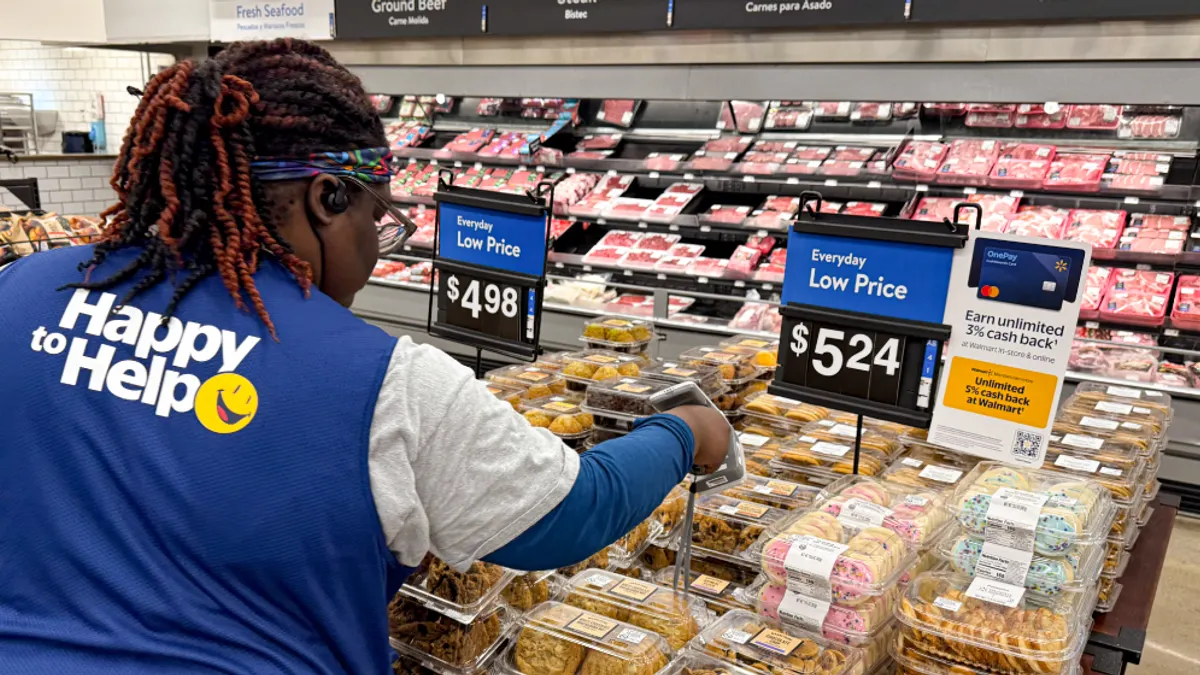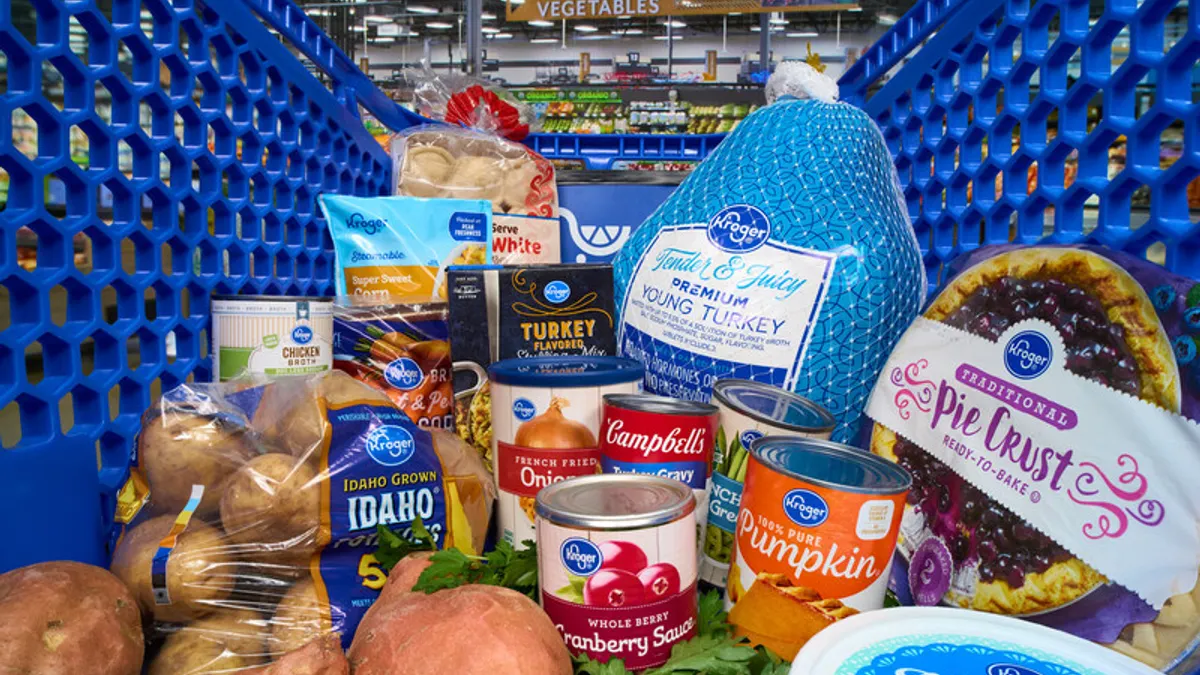When Don Fitzgerald retired from Mariano’s back in 2019, it was supposed to be for good.
He’d enjoyed a long career in the grocery industry, capped off by serving as head of merchandising and marketing for the iconic Chicagoland grocer, which Kroger acquired through its acquisition of Roundy's in 2015.
But then Bob Mariano, the founder of that chain, who had himself retired in 2016, came back to Fitzgerald with an idea that was too good to pass up: become co-CEO of a new meal-focused chain that would push the needle once again on the grocery store model.
Fitzgerald equated the scenario to “The Last Dance,” the popular documentary about another Chicago dream team, the Bulls, and their drive for a third straight NBA Championship in 1998. The movie centers on the team’s legendary leader, Michael Jordan, along with his supporting cast, including his right-hand man, forward Scottie Pippen.
“This was kind of my ‘Last Dance’ to apply everything I learned in my career, but still get a chance to try a startup,” he said.
That startup, Dom’s Kitchen & Market, opened its doors last week in Chicago’s Lincoln Park neighborhood. The occasion drew scores of customers eager to see the latest effort from the former Mariano’s leaders, along with food writers and local politicians, including Chicago Mayor Lori Lightfoot.
Despite the deep experience running conventional grocery stores among Dom’s principals, which include Jay Owen, the grandson of Dominick’s founder Dominick DiMatteo, the store doesn’t look much like a conventional grocer. Full-service food stands occupy center stage in the 17,500-square-foot store, including a drinks specialist, a pizza oven and a bakery that serves up a signature sandwich called the Fresh Prince of Chicago. Instead of a salad bar there’s the “Plant Butcher,” which serves made-to-order salads along with pressed juices and custom-sliced fruits and vegetables. Pantry items and produce play more of a supporting role on the edges of the store.
When Mariano, Fitzgerald and the other Dom’s founders began strategizing before the pandemic, they knew they wanted to move away from the supermarket model that Amazon, Walmart and Kroger were increasingly dominating and offer something that other food retailers couldn’t easily replicate. They also wanted to foster a modern corner store vibe that had lots of local items and sparked interaction between shoppers and employees, Fitzgerald said.
"You're not getting the goods and design of the corner store but more of that feeling of being part of the community, shopping multiple times a week and interacting with employees," he noted.
Consumer focus groups showed a desire for quick meal options as well as educational resources to help them make dinner at home. So the Dom's team created six full-service food stalls offering mostly made-to-order selections, as well as a smattering of grab-and-go items, all updated frequently to keep shoppers engaged.
One of these stalls is an open-kitchen concept called Chef’s Table that will bring in a rotating lineup of chefs to prepare meals and offer tips on how to grill steak, roast brussels sprouts and other culinary skills. The section will offer full dishes and individual ingredients for shoppers to prepare at home.
Dom’s also sought out numerous suppliers that had no experience operating in retail and convinced them to come on board. This included Bonci Pizza, a Roman-style pizza seller that cuts its slices with scissors, and Meats by Linz, a Chicago-based gourmet meat provider. The store features bread and baked goods made solely by local bakeries, beer on tap from Chicago’s Hopewell and Dovetail breweries, and produce grown by vertical farming outfit Wilder Fields.
More than a year into the global health crisis, Dom’s focus on freshly prepared meals is particularly timely, Fitzgerald said. Even with their popularity during the pandemic, grocers still face many of the same competitive pressures to evolve and differentiate. Consumers, meanwhile, are eager to get out and try new retail and restaurant experiences.
"For us, it's not about the grocery store hot bar or having the same pizza offering. We want to change things up," Fitzgerald said.
Dom’s executives hope its unique format will carry it across the Chicagoland area, with plans to open up to 20 stores over the next five years. A second location will likely open next year, he said, noting that the company competes more with specialty grocers and restaurants than it does with supermarkets.
As a store focused on in-person shopping, Dom’s isn’t in a rush to implement e-commerce. Fitzgerald said it will start by offering coffee drinks for pickup in the coming weeks, then open up its kitchen selections and eventually the rest of the store for pickup. He said the executive team is still debating how to approach delivery, with executives reluctant to outsource the last-mile customer relationship to a third party. Dom's also aims to ramp up its catering business and is working with partner companies on delivery and staging.
"We want to first build the hub and then build the digital world around that," Fitzgerald said.
“The Last Dance” culminates with Jordan, Pippen and the Bulls winning the NBA Finals and cementing their status as one of the great sports franchises. Fitzgerald said he and Mariano are also looking for a big win in the twilight of their careers, but that the achievement will be less about personal glory than about passing the opportunity along to a new generation of managers.
Industry observers, meanwhile, will be watching to see if Mariano and company can spin the same magic with Dom’s that they did with Mariano’s, which became renowned for its foodservice offerings, customer service and unique finds. That shine has worn off somewhat under Kroger’s stewardship, according to reports, as stores have tried to become more efficient, making this potentially a redemptive effort for the Mariano name.
"We are very appreciative of the careers we've had in the grocery business. It's provided well for us professionally and for our families," Fitzgerald said. "We want to build the foundation for something where other folks could get in on the ground level, grow together and have careers like we did. It's sort of paying it forward for the next generation."


